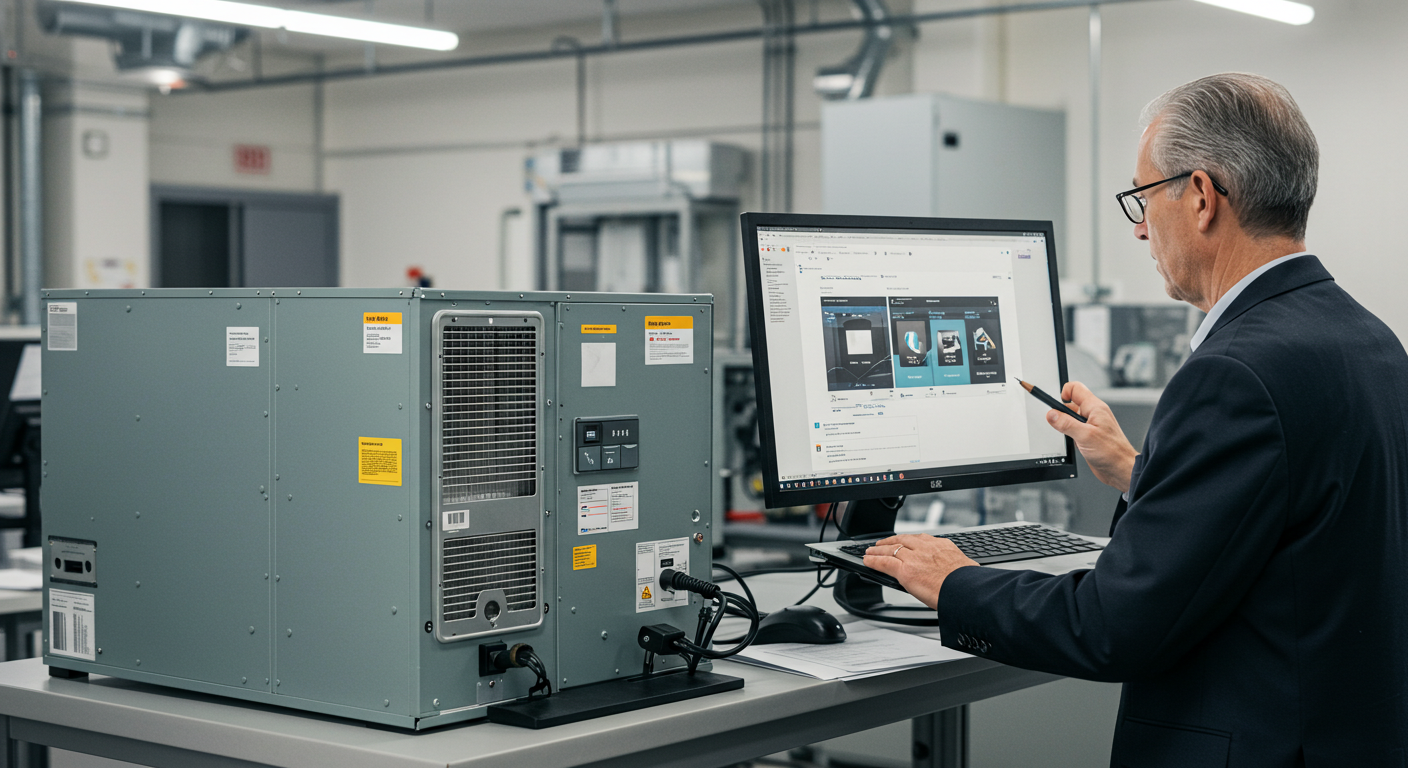
Exploring the Innovations in Mini-Split Systems: A 2025 Perspective
In the fast-evolving world of HVAC, mini-split systems have emerged as a popular choice for efficient and flexible heating and cooling solutions. As we delve into the innovations across leading brands, you’ll discover how these advancements enhance comfort, energy savings, and adaptability in your home or business.
What Makes Daikin a Leader in Mini-Split Technology?
Daikin has consistently been at the forefront of mini-split technology, known for its commitment to efficiency and innovation. One of the standout features of Daikin mini-splits is their exceptional heat pump efficiency, boasting a Heating Seasonal Performance Factor (HSPF) of up to 12.5. This makes them a top contender for all-around mini-split value.
Compact and Efficient Design
Daikin’s indoor units are designed to be as compact as 31″ x 11.5″ x 8″, allowing for easy wall-mount installation. This compact design doesn’t sacrifice performance, ensuring you have ample space without compromising on comfort.
Advanced Inverter Technology
With advanced inverter technology, Daikin systems provide precise temperature control and significant energy savings. Many of their systems offer Seasonal Energy Efficiency Ratio (SEER) ratings that compete with the best in the market, ensuring compliance with stringent energy standards.
Quiet and Robust Performance for Any Environment
One of the key innovations in modern mini-split systems is their ultra-quiet operation. With noise levels as low as 21–22 dB, these systems are perfect for bedrooms and workspaces where peace and quiet are paramount.
The operating range in heating mode is another area where Daikin excels, with select models maintaining performance at exterior temperatures down to -15°C (5°F) or lower. This robust performance ensures your comfort no matter the weather.
Ruud’s Innovations in Reliability and Flexibility
Ruud is renowned for its reliable mini-split systems, which feature high-frequency DC inverter compressors and wider voltage startup ranges. Operating from 165–265V, these systems reduce vibration and enhance reliability in fluctuating electrical environments.
Flexible System Sizing
Ruud offers flexible system sizing options, making it easy to customize solutions for both residential and small commercial installations. This flexibility ensures that you can tailor your HVAC system to meet your specific needs.
- High-efficiency heat pump technology
- Precision temperature control with inverter technology
- Ultra-quiet operation for sensitive environments
- Robust heating performance in extreme temperatures
- Flexible and reliable system options
Conclusion: Choosing the Right Mini-Split for Your Needs
As you evaluate the best mini-split systems of 2025, consider the innovations and features that align with your specific requirements. Whether it’s the compact efficiency of Daikin or the robust reliability of Ruud, these systems offer a range of benefits that can enhance your comfort and energy savings.
Ready to upgrade your HVAC system? Explore the latest mini-split innovations and find the perfect fit for your home or business today!
FAQs on Mini-Split Systems
What are the key advancements in mini-split technology?
Recent advancements include high-efficiency heat pumps, advanced inverter technology, and ultra-quiet operation, enhancing comfort and energy savings.
Which mini-split brands are considered the best in 2025?
Brands like Daikin and Ruud are leading the way with innovative features and reliable performance, making them top choices for mini-split systems.
How do mini-splits compare in terms of energy efficiency?
Mini-splits offer competitive SEER and HSPF ratings, ensuring compliance with energy standards while providing significant energy savings.
Are mini-splits suitable for both residential and commercial use?
Yes, mini-splits are versatile and available in configurations suitable for both residential and small commercial applications, offering flexibility in system sizing.
What should I consider when choosing a mini-split system?
Consider factors like efficiency ratings, noise levels, installation space, and the reliability of the brand to ensure you select the best system for your needs.


